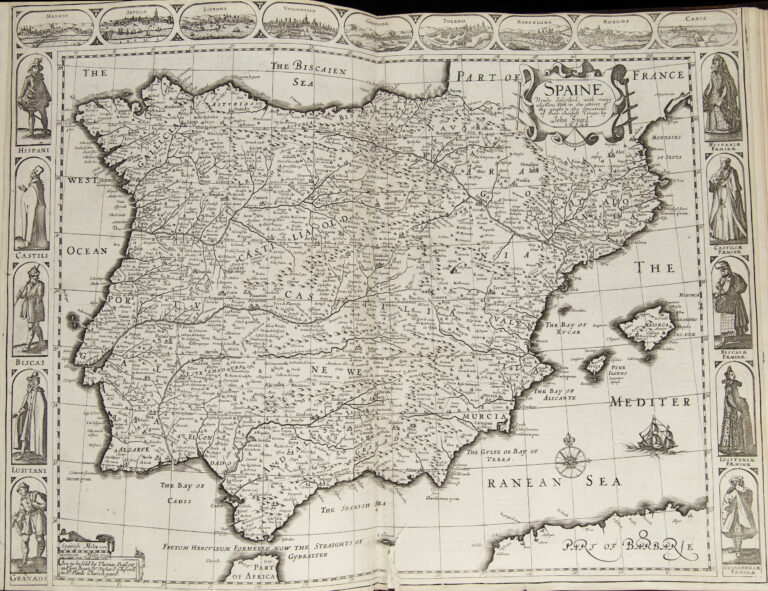
How did Cervantes’ Don Quixote respond to the social conditions and literary traditions of early modern Spain?
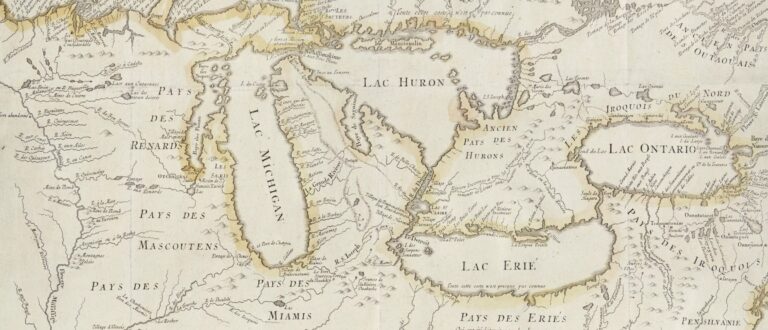
How do maps tell the early history of Chicago and the Midwest? How have maps been used by different empires and nations to secure control of the region?
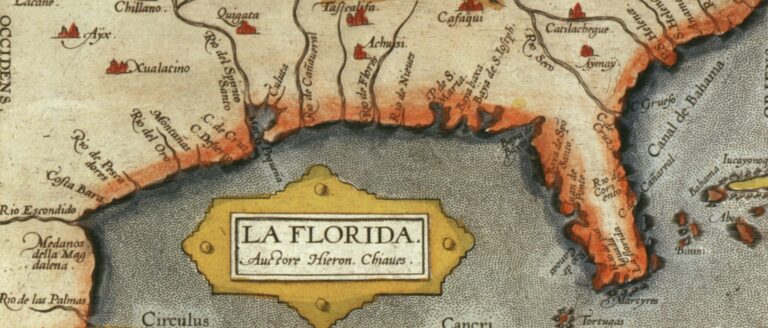
What can maps tell us about how people from different times, places, and cultures make sense of their world? How did maps and mapmaking influence the development of colonial North America?
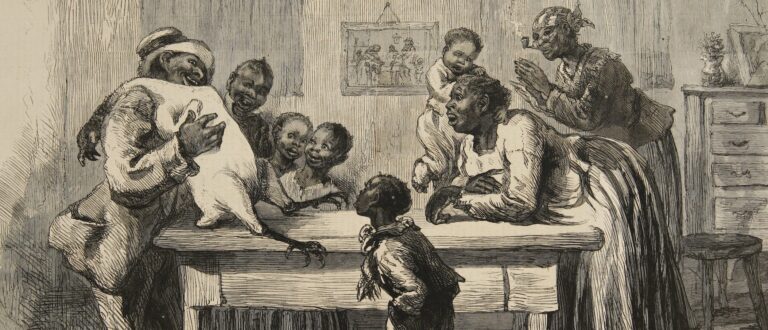
How did Twain’s Huckleberry Finn engage and challenge popular ideas about slavery and race in nineteenth-century America? Can a text be offensive and still be worth reading?
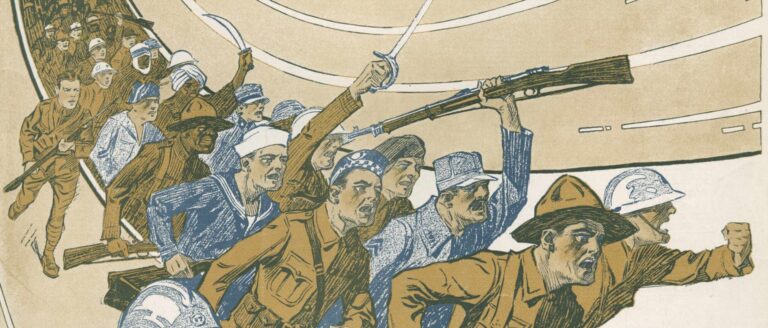
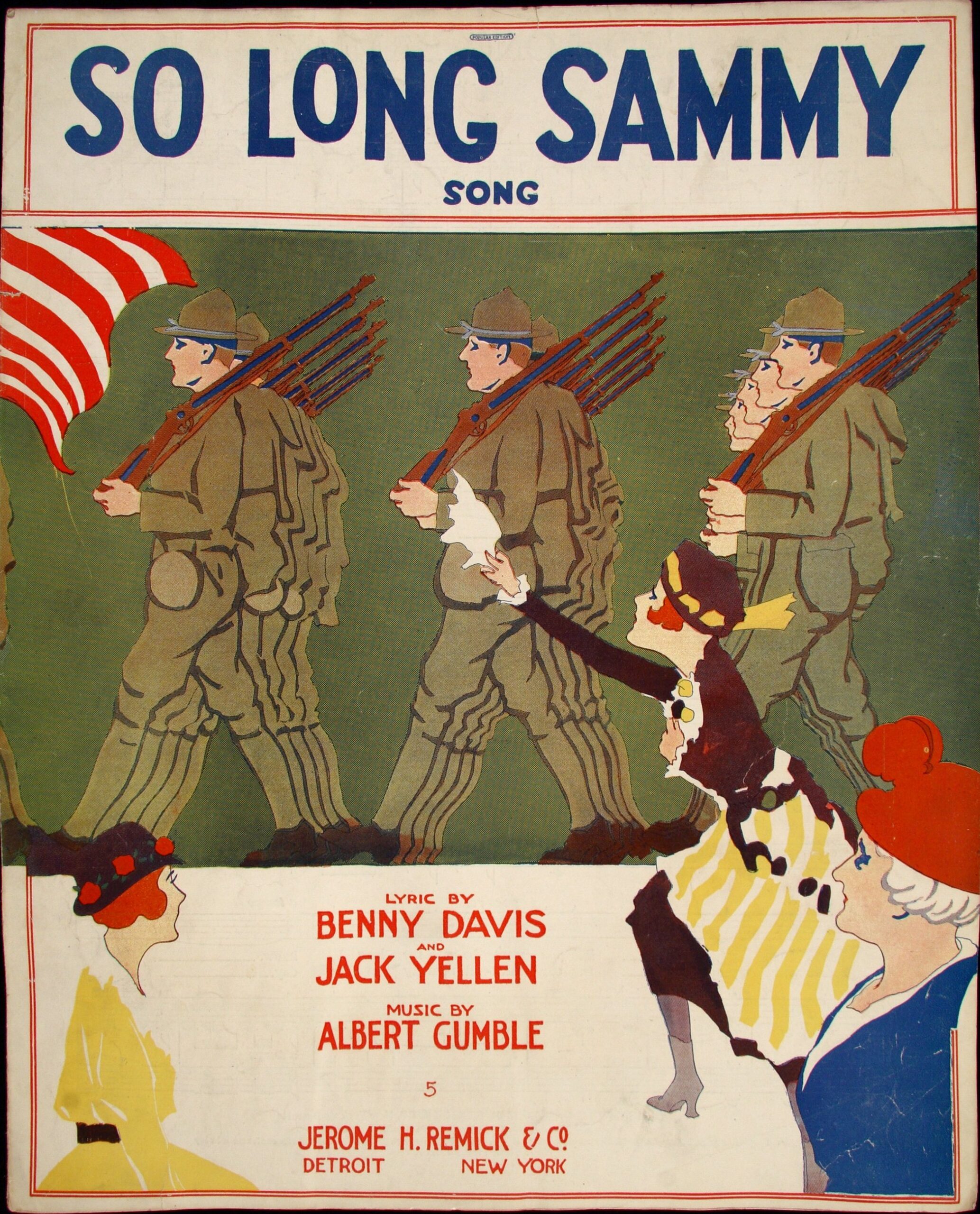
How did popular publications in the United States respond to World War I? How did artists, writers, publishers, and advertisers work to promote the war effort? What criticisms of the war did dissenting artists make?
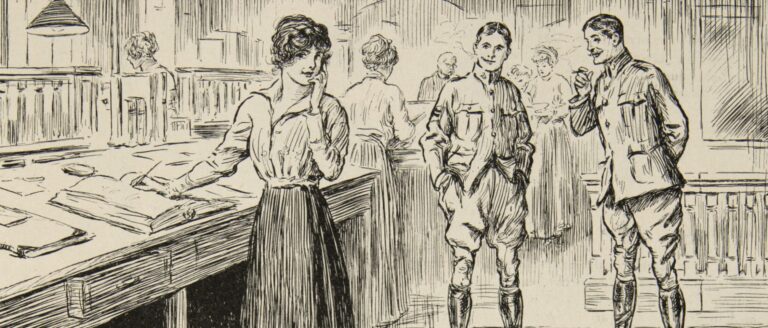
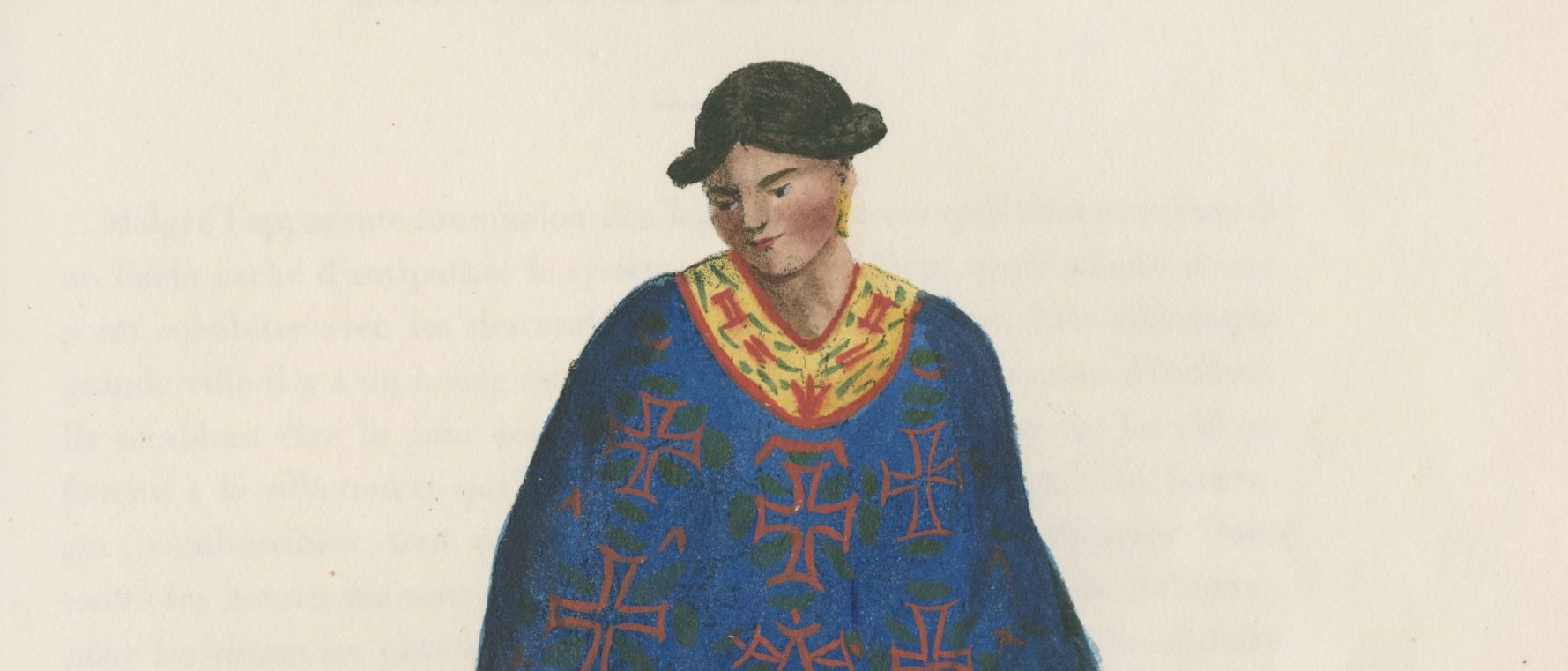
What were social conditions in Mexico before and after independence from Spain? How was the struggle for independence shaped by internal conflicts between people of different social castes?
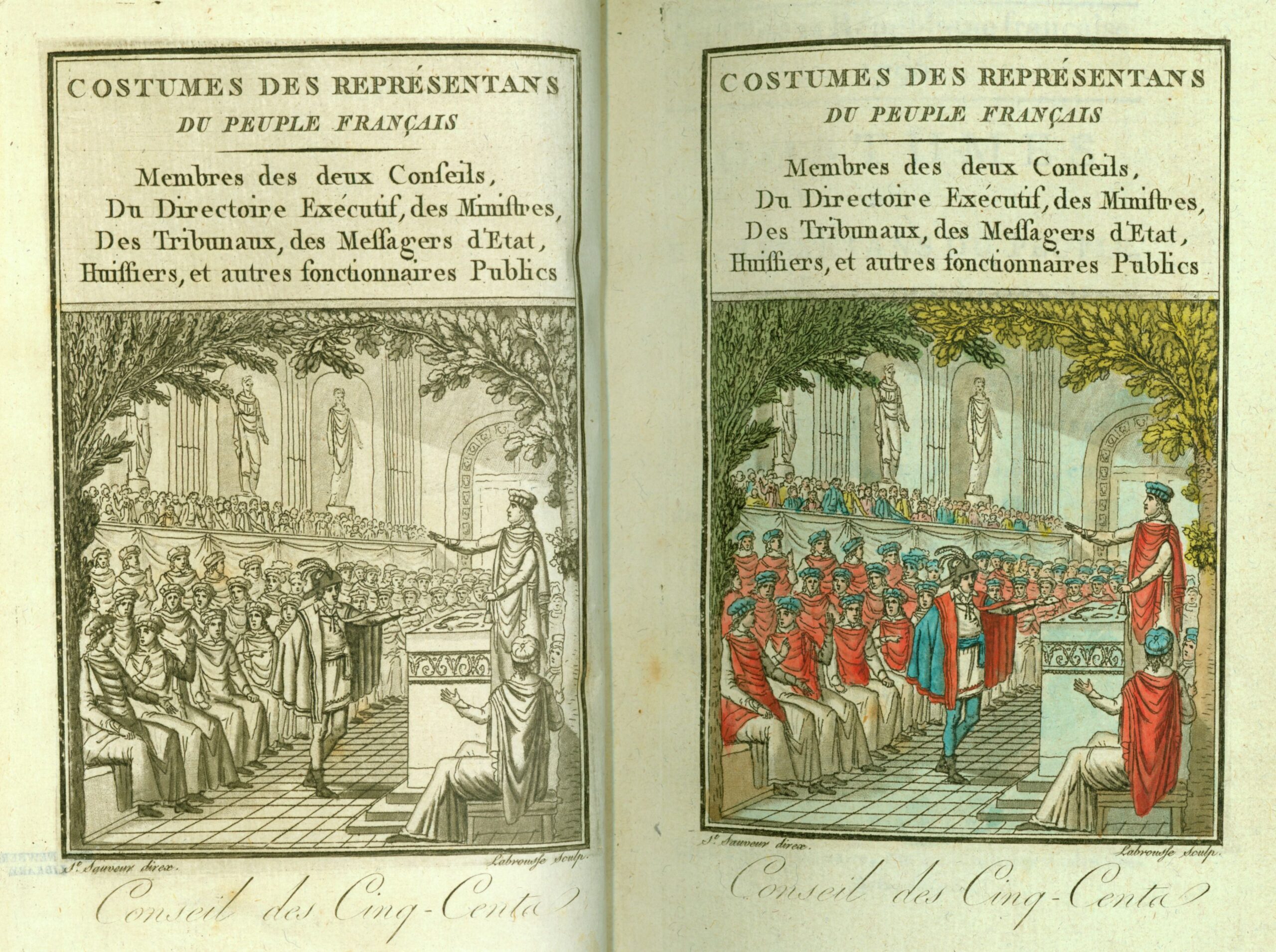
How did French people bring about—or resist—the transition from monarchy to republic during the Revolution? What did it mean to become a citizen of the new nation?
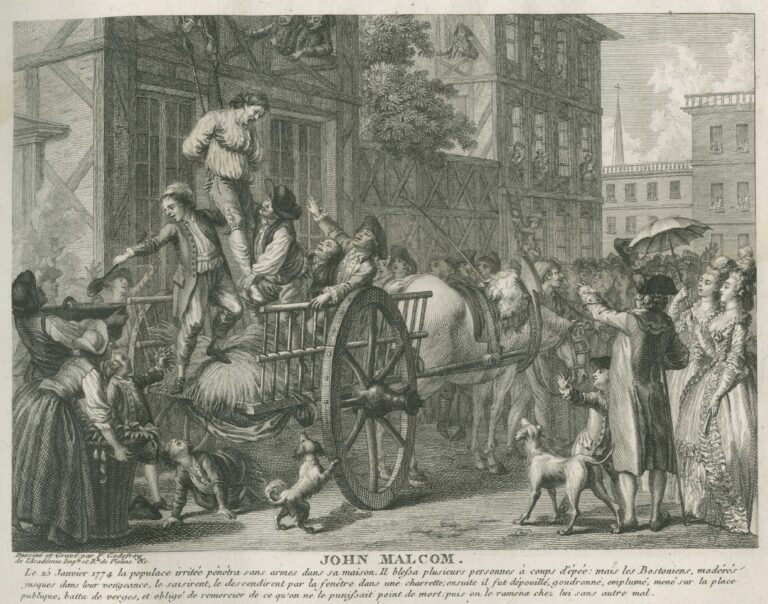
How did people interpret the events of the American Revolution in the eighteenth and nineteenth centuries? How did the meaning of the Revolution change over time? In what ways has the Revolution meant different things to different people at any given time?










